Description
Famotidine, commonly known by the brand name Pepcid, is a medication used to treat gastrointestinal issues such as gastroesophageal reflux disease (GERD), peptic ulcers, and other conditions related to excessive stomach acid production. Here is some general information about Famotidine:
- Famotidine is a histamine-2 (H2) receptor antagonist, which works by blocking the action of histamine on the cells in the stomach lining that produce acid. This helps to reduce stomach acid production and alleviate symptoms associated with excess acid.
- Famotidine is available in both over-the-counter (OTC) and prescription forms. The OTC version is typically used for the short-term treatment of heartburn, while the prescription version may be used for longer-term acid reduction or for more severe symptoms.
- Famotidine is generally well-tolerated, with common side effects including headache, dizziness, and gastrointestinal issues such as constipation or diarrhea. These side effects are usually mild and resolve on their own.
- Famotidine may interact with certain medications, particularly those that affect the liver or kidneys. Be sure to inform your healthcare provider of any other medications you are taking when discussing the use of Famotidine.
- Famotidine is not recommended for use during pregnancy or breastfeeding unless the potential benefits outweigh the risks. Consult your healthcare provider if you are pregnant, planning to become pregnant, or breastfeeding and are considering using Famotidine.
As with any medication, it is essential to follow the prescribed dosage and instructions provided by your healthcare provider. If you have any concerns or questions about Famotidine or your gastrointestinal health, be sure to consult your doctor or pharmacist for personalized advice.
BENEFITS:
- Reduced stomach acid production: By blocking the action of histamine on the stomach lining cells that produce acid, Famotidine helps to decrease the amount of acid in the stomach. This can alleviate symptoms associated with excess acid, such as heartburn, indigestion, and discomfort.
- Relief from heartburn and acid reflux: Famotidine effectively reduces the symptoms of gastroesophageal reflux disease (GERD), which is characterized by heartburn and acid reflux. It may also help to prevent further damage to the esophagus caused by excessive exposure to stomach acid.
- Healing of peptic ulcers: Famotidine can help to promote the healing of peptic ulcers by reducing the amount of acid in the stomach. This allows the ulcer to heal more effectively and can prevent the ulcer from recurring.
- Reduction in symptoms: Famotidine can help to alleviate the symptoms associated with excess stomach acid, such as nausea, vomiting, and abdominal pain. This can improve the overall quality of life for those suffering from these conditions.
SIDE EFFECTS:
- Headache: Some people may experience headaches while taking Famotidine. These headaches are usually mild and may go away on their own over time.
- Dizziness: Occasionally, Famotidine may cause lightheadedness or dizziness. If you experience severe dizziness or feel like you might faint, consult your healthcare provider.
- Gastrointestinal issues: Famotidine may cause gastrointestinal side effects such as constipation, diarrhea, or abdominal pain. These symptoms are usually mild and should resolve on their own.
- Fatigue: Some individuals may experience fatigue or tiredness while taking Famotidine. This side effect is typically mild and should not interfere with daily activities.
In rare cases, Famotidine may cause more severe side effects, such as allergic reactions or liver problems. If you experience any of the following symptoms while taking Famotidine, seek immediate medical attention:
- Rash, hives, or itching, especially if accompanied by difficulty breathing or swelling of the face, lips, or throat
- Yellowing of the skin or eyes (jaundice)
- Dark urine or pale-colored stools
- Unusual tiredness or weakness
- Persistent nausea or vomiting
It is essential to consult your healthcare provider if you experience any side effects while taking Famotidine, as they can provide guidance on how to manage these symptoms and determine whether an adjustment to your dosage or treatment plan is necessary.
PRECAUTIONS:
Before taking Famotidine, it is crucial to inform your healthcare provider about any medical conditions you may have, as well as any medications or supplements you are currently taking. This will help your healthcare provider determine whether Famotidine is the appropriate treatment for you and if any precautions or adjustments to your dosage are necessary.
Some potential precautions to consider when taking Famotidine include:
- Kidney problems: Famotidine is primarily eliminated by the kidneys, so individuals with kidney disease may require a lower dosage or alternative treatment. Consult your healthcare provider before taking Famotidine if you have a history of kidney problems or are currently receiving dialysis.
- Allergies: If you have a known allergy to Famotidine or any other histamine-2 (H2) blockers, it is essential to avoid taking Famotidine. Discuss any allergies or potential allergic reactions with your healthcare provider before starting treatment.
- Medication interactions: Famotidine may interact with certain medications, such as antacids, antibiotics, or antifungal medications. Inform your healthcare provider about all medications and supplements you are currently taking to avoid potential interactions.
- Pregnancy and breastfeeding: Famotidine is considered safe for use during pregnancy and breastfeeding, but it is essential to consult your healthcare provider before taking any medication while pregnant or breastfeeding. They can provide guidance on the appropriate dosage and potential risks associated with Famotidine use during this time.
By following these precautions and consulting with your healthcare provider, you can safely and effectively use Famotidine to manage your symptoms and improve your overall quality of life.
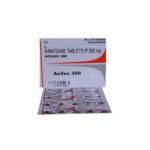
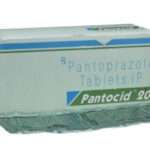

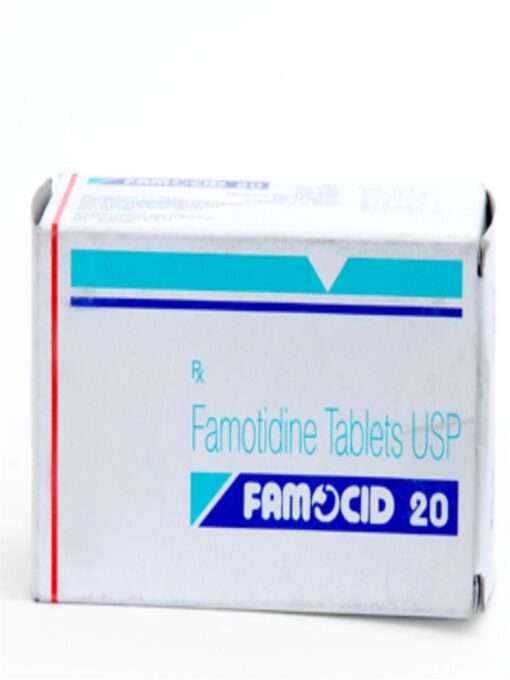
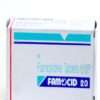
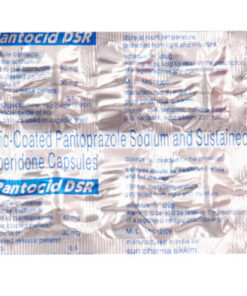
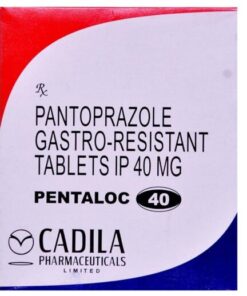
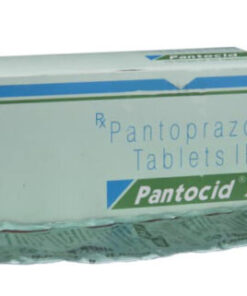
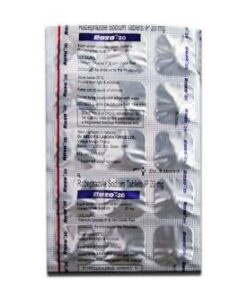
28 reviews for Famocid (Famotidine)